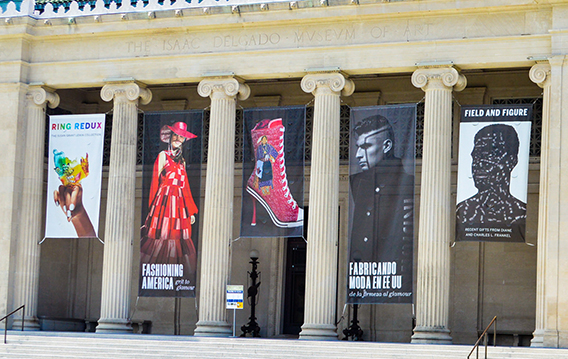Editor:An Apology for “Worldly Philosophy.”Ah! In what has turned out to be one of the most joyous examples of what my high school teacher once said about history repeating itself, those spirited guardians of the community, the poets, have once again taken up the attack on “worldly philosophy” in the name of the rulers, religion and, most important, the family. In the “On the Record” printed last week, Marcus Smith, the lawyer poet, and Julian Wasserman, the family poet, join together in one big attack on the worldly proposals of the worldly philosophers Barnett and Block. Mirroring Aristophanes’ wonderful portrait of philosophy in the Clouds, Wasserman and Smith accuse Block and Barnett of being the enemies of common sense, i.e. the guidelines of the city, and that which is “sacred,” the family.Oddly, the problem Smith and Wasserman really have with Block and Barnett is not the proposal itself but with Block’s and Barnett’s “intellectual dishonesty” and “rhetorical cowardice.” As opposed to poets like Wasserman and Smith who openly give their views, rationalists such as Barnett and Block must hide behind irony. These claims become truly odd when Wasserman and Smith later blame Block for giving a “public defense” of slavery. It appears that Block is not a coward after all and not guilty of dissimulation. However, to ask an important question, should Block’s defense of slavery have been anything other than public? Smith and Wasserman give a heartfelt resounding “yes” to this question. I, for one, would not be happy to live with my professors secretly defending slavery in the confines of their offices and in parties where I am not present. The most emotional claim that Wasserman and Smith make against Block and Barnett – Wasserman uses the first person – is that they bring up inappropriate topics. They should not be ironical about “rape victims.” However, Swift, the deadpan ironist who supplies the background for this wonderful drama, makes “ideological hay” concerning “exploitative English policies in Ireland.” Are “exploitative English policies in Ireland” places for one to make “ideological hay”? However, to do something Wasserman and Smith never do -such as take Block and Barnett seriously – I suggest that we take Block and Barnett’s proposal as a “modest proposal.” Let’s assume that Block and Barnett understand irony. After all, Wasserman and Smith show that English professors can understand economists.Therefore, it may be possible that economists are able to understand literary convention. Block and Barnett risk their reputations in the same way that Swift did. However, this time the malpractices are those of Loyola and New Orleans, who, according to Block and Barnett, should stupidly suggest carrying guns. These students carrying guns are the claims of the administration and the city “writ large” just as Swift’s claims that the Irish eat their children are the exploitative claims of England “writ large.” Block and Barnett ask Loyola and New Orleans to lay the solution for solving rape in the hands of the victim. The result of this is a powerful revulsion toward Loyola, which brings the students here, and the city, which fails to stop the rapist, and both institutions’ responsibility for the crimes committed against college students.
Nathaniel BaileyEnglish Literature/Classical Studies Senior












